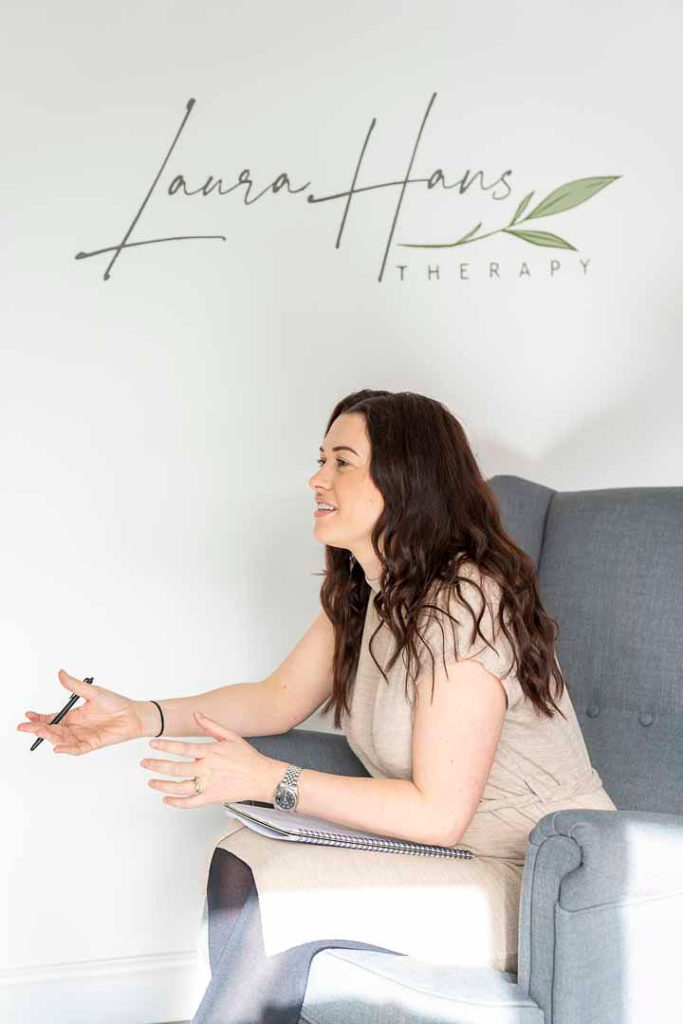If you’re new to therapy, or working with a new Therapist for the first time, attending your first session can be daunting. If you’re already dealing with anxiety, you may feel particularly apprehensive. In my experience, most people find it helpful to have a rough idea of what to expect as well as some ideas to help them get the most out of each session.
What to Bring to Your First Therapy Session
I highly recommend bringing a notepad and pen every time we meet. Taking a few notes will allow the information to sink in and you’ll also have a record you can refer back to if you ever want to revisit what you learned during our sessions. Consider jotting down any key points, a pattern of behaviour or thinking style you've identified, or details of a tool you can practice at home.
What You Can Expect from Me
I support mums and mums-to-be on their journey to and through motherhood. I believe one of the best things we can do as parents is prioritise our own mental health, work through issues, and heal from trauma, not only because we deserve to experience emotional wellness, but also to reduce the impact of our problems on our children. My therapy style is warm, gentle and compassionate. I’m passionate about supporting and empowering mothers, normalising their struggles and helping them overcome their difficulties.
Now you know a bit more about me, here’s how your first therapy session will unfold…
Getting to Know You
Once you’ve had your free consultation and decided to go ahead with therapy, your first session is all about getting to know you in more detail. I want to understand what has brought you to therapy and what you’re hoping to gain from the process.
We’ll talk about your life experiences so far and explore what may have led to the development of your current symptoms. I may ask questions about your home life, school experience, family makeup, friendships and relationships, and your work history. I’ll be eager to know how your current mental health struggles are impacting your life and what {if any} support you have in place. We’ll also discuss any previous mental health problems and whether you’ve had therapy before.
Discussing Your Options
Next, we’ll talk about the types of therapy I provide and how they work. I offer both Cognitive Behavioural Therapy (CBT) and Eye Movement Desensitisation and Reprocessing (EMDR). I’ll give you an overview of how each therapy works, answer any questions and ask whether you have a preference.
Asking for Feedback
At the end of every session, I’ll ask for feedback. How did you find the session? What helped? What did you like? What was difficult? What would you like to be different? It’s important you’re honest about your experience with me. Constructive feedback will help me adapt our sessions to meet your needs and ensure you get the best out of them.
Find Out More
If you’re interested in working with me, you can book a free consultation here. I also share lots of tips and advice via Instagram.
Useful Links
What is Cognitive Behavioural Therapy?
